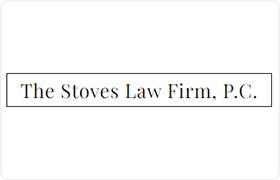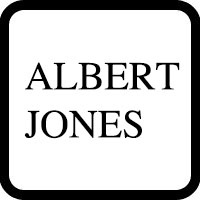Tuscaloosa County, AL Misdemeanor Lawyers
Sponsored Law Firm
-
 x
x

Click For More Info:
-
The Stoves Law Firm, P.C.
9 Office Park Cir Suite 105 Birmingham, AL 35223» view mapCriminal Defense Legal Expertise You Can Rely On
The Stoves Law Firm, P.C. provides outstanding Criminal Defense and Litigation services to individuals and businesses throughout the State of Alabama.
800-818-9390
Not enough matches for Tuscaloosa Misdemeanor lawyer.
Below are all Tuscaloosa lawyers.
Herbert E. "Chip" Browder
✓ VERIFIEDThe Browder & Welborn Law Office is a family-oriented law firm that focuses on protecting our clients' families, their family businesses and their ass... (more)
Anne Wilson Guthrie
✓ VERIFIEDAnne Guthrie is a practicing lawyer in the state of Alabama. She received her J.D. from University of Alabama School of Law in 2000. Anne works at Wil... (more)
Albert Jones
✓ VERIFIEDAlbert Jones is a practicing lawyer in the state of Alabama.
E. Calhoun Wilson
FREE CONSULTATION
CONTACTLeif Rush Hampton
FREE CONSULTATION
CONTACTDavid P. Martin
FREE CONSULTATION
CONTACT Jay Stoves Birmingham, AL
Jay Stoves Birmingham, AL Practice AreasExpertise
Practice AreasExpertise




